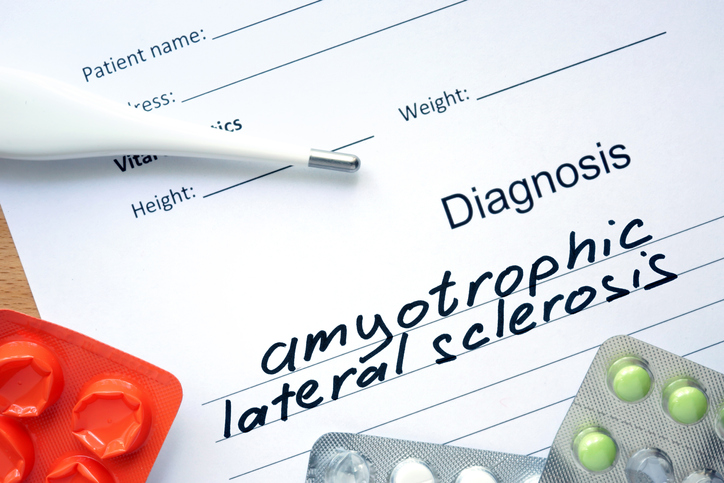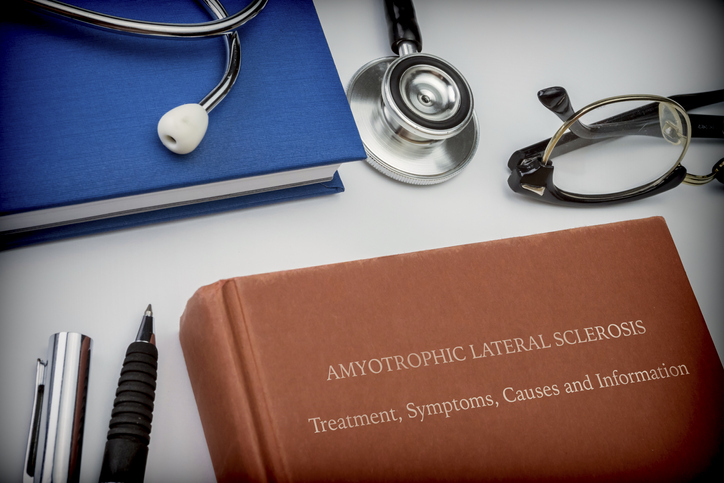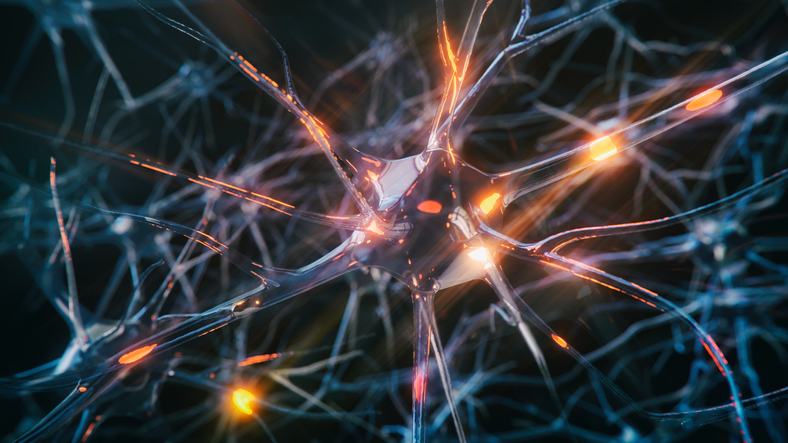Pain
Types of Amyotrophic Lateral Sclerosis (ALS)
Source: MedlinePlus, WebMD, National Center for Biotechnology Information: U.S. National Library of Medicine: National Institutes of Health

Do you find this helpful
Print
Share
Save
Amyotrophic lateral sclerosis, or ALS, is categorized into several types according to location of onset, cause, age of onset, and/or comorbid conditions. These classifications work independently of each other. For instance, three examples of ALS diagnoses include “juvenile, spinal onset, familial amyotrophic lateral sclerosis,” “bulbar onset, sporadic amyotrophic lateral sclerosis,” and “ALS-parkinsonism-dementia complex.”
Location of onset
- Spinal ALS
Also known as classical ALS, symptoms of spinal ALS start with muscle weakness or wasting in the arms and legs and involuntary muscle contractions/ twitches. - Bulbar ALS
Bulbar ALS first affects the muscles used for speaking, swallowing and breathing. Initial symptoms include slurred speech and difficulty swallowing. Women and those over the age of 70 are at a slightly higher risk of developing bulbar ALS.
Cause
- Familial ALS
When ALS affects two or more individuals in the same family, it is considered familial. Only a small percentage of cases of ALS have a genetic cause. Signs and symptoms of familial ALS generally appear between the late 40s and early 50s. - Sporadic ALS
ALS is considered to be sporadic when there is no family history of motor neuron disease. Up to 95% of ALS cases are sporadic and typically develop in the late 50s or early 60s.
Age of onset
- Juvenile ALS
In extremely rare cases, ALS develops under the age of 25. When this occurs, it is diagnosed as juvenile ALS. - Young-onset ALS
When ALS develops between the ages of 25 and 45, it is considered young-onset ALS.
Comorbid conditions
- ALS-parkinsonism-dementia complex (ALS-PDC)
ALS-PDC is a rare form of ALS that is usually familial. In addition to the symptoms of ALS, people with ALS-PDC experience both dementia (loss of intellectual functioning) and parkinsonism movement abnormalities, such as stiffness, tremors, and slow movements. - ALS with frontotemporal degeneration (ALS-FTD)
ALS-FTD is diagnosed when an individual with ALS develops frontotemporal degeneration, a progressive brain disorder that affects personality, behavior and communication skills. Twenty percent of individuals with ALS will also develop FTD.



















